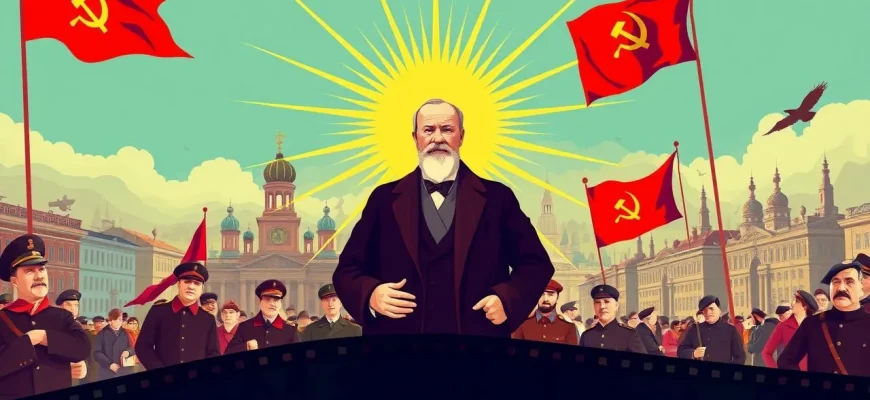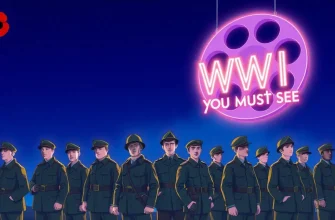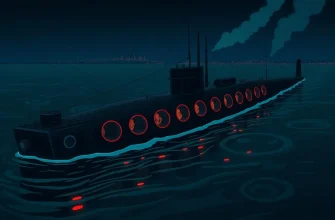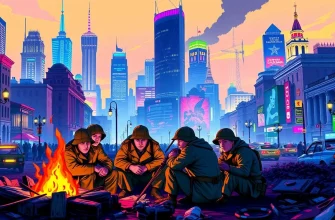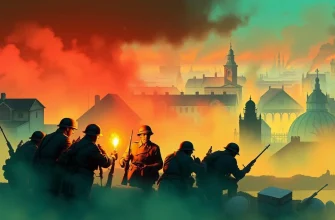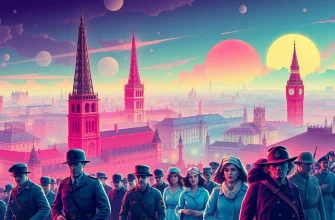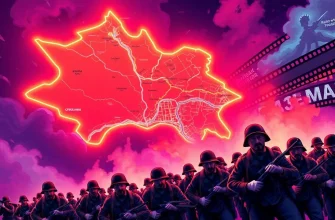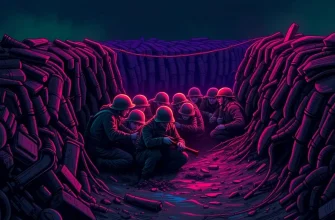The Russian Revolution of 1917 was a pivotal moment in history, leading to the fall of the Romanov dynasty and the rise of the Soviet Union. This curated list of films delves into the chaos, passion, and transformation of this era, providing a cinematic journey through one of the most significant periods in modern history. From epic tales of struggle and survival to intimate portraits of those caught in the whirlwind of change, these films offer a rich tapestry of narratives that illuminate the complexities of revolution.
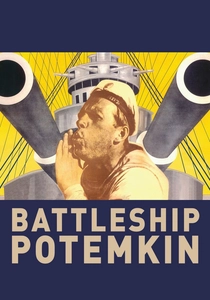
The Battleship Potemkin (1925)
Description: Though not directly about the 1917 revolution, Eisenstein's film is a seminal work on revolutionary themes, depicting the 1905 mutiny as a precursor to the events of 1917.
Fact: The famous "Odessa Steps" sequence has been widely influential in cinema.
 Watch Now
Watch Now
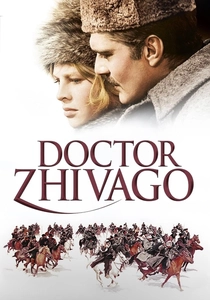
Doctor Zhivago (1965)
Description: While not exclusively about the revolution, David Lean's film captures the sweeping changes in Russia through the lens of personal stories, with the revolution as a backdrop.
Fact: The film was banned in the Soviet Union until 1994 due to its portrayal of the revolution.
 Watch Now
Watch Now

The Ascent (1977)
Description: Larisa Shepitko's film, set during WWII, reflects the revolutionary spirit through the story of partisans, showing the enduring impact of the revolution on Soviet identity.
Fact: Shepitko died in a car accident shortly after completing the film.
 Watch Now
Watch Now
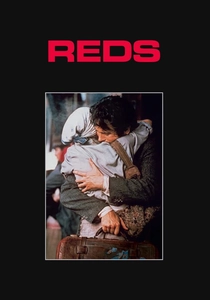
Reds (1981)
Description: Warren Beatty's epic drama intertwines the personal and political, focusing on American journalist John Reed's journey through the revolution, providing a Western perspective on the events.
Fact: The film features real-life interviews with people who knew Reed, adding authenticity to the narrative.
 Watch Now
Watch Now
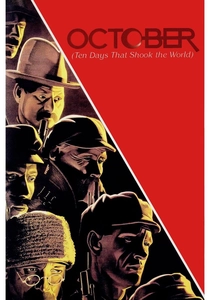
October: Ten Days That Shook the World (1928)
Description: Sergei Eisenstein's silent masterpiece captures the tumultuous days of the October Revolution with its iconic montage sequences, offering a visually stunning portrayal of the revolutionary spirit.
Fact: The film was initially banned in the Soviet Union due to its portrayal of Lenin, but later restored and celebrated.
 Watch Now
Watch Now
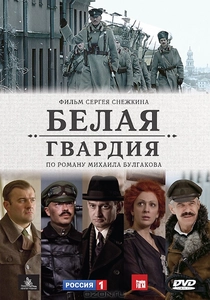
The White Guard (2012)
Description: Based on Mikhail Bulgakov's novel, this miniseries explores the civil war following the revolution, offering insight into the turmoil and division within Russia.
Fact: The series was adapted from Bulgakov's play "The Days of the Turbins," which was initially banned by Soviet authorities.
 Watch Now
Watch Now
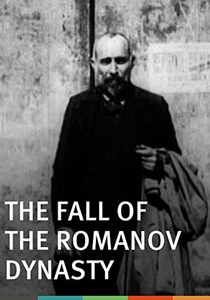
The Fall of the Romanov Dynasty (1927)
Description: This documentary-style film uses archival footage to chronicle the decline of the Romanov family, providing a factual account of the events leading up to the revolution.
Fact: It was one of the first films to use actual newsreel footage in a narrative context.
 30 Days Free
30 Days Free
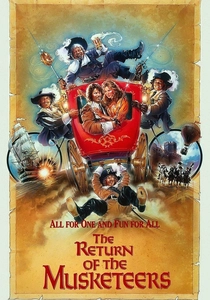
The Return of the Musketeers (1989)
Description: This adaptation of Dumas' classic includes a subplot involving the French Revolution, paralleling the events of 1917 in Russia with its themes of upheaval and change.
Fact: It was the final film in the Musketeers series directed by Richard Lester.
 30 Days Free
30 Days Free

The End of St. Petersburg (1927)
Description: Vsevolod Pudovkin's film focuses on the plight of a peasant who becomes a revolutionary, highlighting the social and economic disparities that fueled the revolution.
Fact: The film was made to commemorate the 10th anniversary of the October Revolution.
 30 Days Free
30 Days Free

The Irony of Fate (1975)
Description: While primarily a romantic comedy, this film captures the essence of Soviet life post-revolution, reflecting on the uniformity and the human spirit amidst political change.
Fact: It has become a New Year's Eve tradition in Russia.
 30 Days Free
30 Days Free

